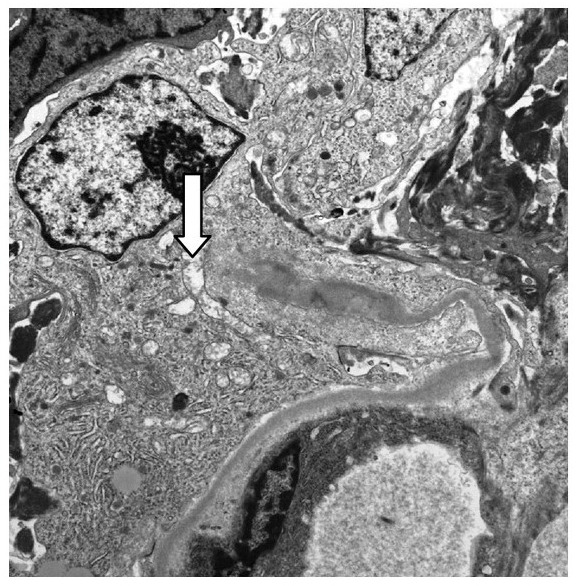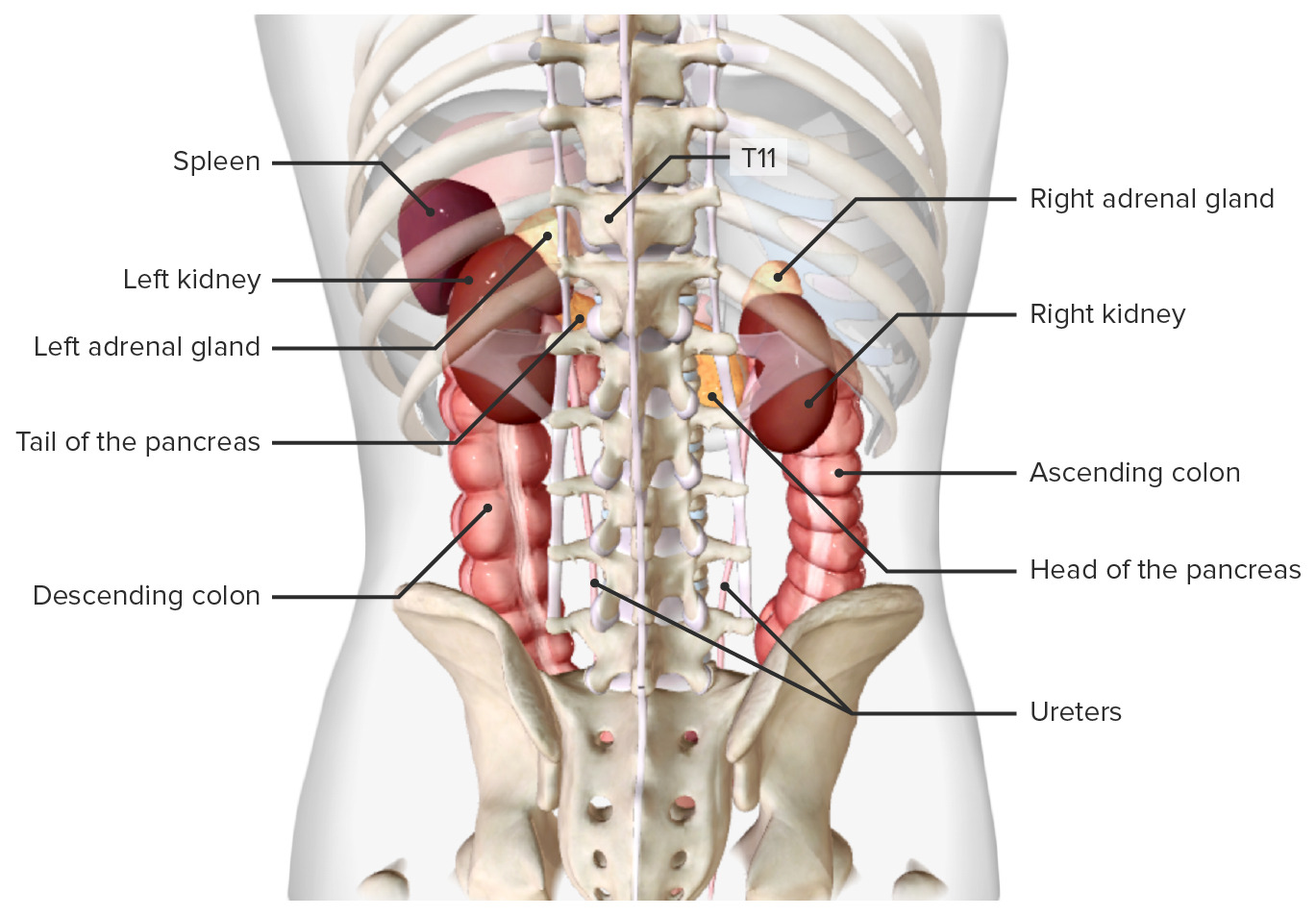Playlist
Show Playlist
Hide Playlist
Type II Membranoproliferative Glomerulonephritis (MPGN)
-
Slides MembranoproliferativeGlomerulonephritis RenalPathology.pdf
-
Download Lecture Overview
00:00 Type II is where we are now. Type II, not as common. 00:04 Do you have to know the details? Oh, absolutely! Under type II, this is complement mediated. 00:10 Let me walk you through the verbiage here. 00:12 It is associated with an antibody that does what? It then absolutely binds in nephritic factor. 00:20 NeF stands for nephritic factor. 00:24 What is this? The C3 nephritic factor is autoantibody that binds the C3 convertase, listen to what I'm saying, binding to C3 convertase. 00:35 I did not say destroy the C3 convertase. Big difference. 00:39 What do you mean, Dr. Raj? To me it sounds exactly the same. 00:43 Whenever you have an autoantibody bound to something, is it always going to destroy it? That’s a rhetorical question. No, it doesn’t. 00:51 So by that for example, let me give you Grave’s disease. Grave, think Grave. 00:55 Change gears, Grave. 00:57 What are you producing? An autoantibody disease. 01:00 Tell me about where that thyroid stimulating immunoglobulin is going to then deposit? Oh, wow! Think of deposits on the TSH receptor. 01:11 That is correct! And does it destroy the receptor? Not at all! It activates it like crazy! How do I know? Palpitations of the heart, tachycardia, so on and so forth. 01:23 It’s hyperthyroidism, that’s my point. 01:26 When you have autoantibodies you wanna be careful, you wanna know the disease so well and along with it the pathogenesis and the clinical manifestation, you're going to activate that C3 convertase, in other words, it stabilizes it. 01:40 Nephritic factor C3, is a C3 convertase. 01:44 What is a C3 convertase? You wanna know the detail here. 01:47 It’s a C3b, little b. Big B, little b, clear? That’s C3 convertase. 01:54 So that component is going to be stabilized. 01:57 Look what it does, it prevents the degradation of your C3 convertase. 02:02 Tell me about your activity? Sustained activation. 02:08 Therefore, what happens to your C3 levels? Low. 02:11 How important is this for type II MPGN, understanding by you for its pathogenesis? The most important point. 02:18 The complement arm is where we are, it is much rare but when you do take a look at it, this is what you are paying attention to. 02:26 Next, well, we have diffuse intramembranous issue. 02:29 And that would be DDD, dense deposit disease. 02:33 And dense deposit disease on electron microscopy, you would find this on electron microscopy and shows tram-track. 02:40 Only found with type II. Only found with type II. 02:43 Which one? I'm not referring to tram-track. 02:46 Listen to what I'm saying. Tram-track will be found on type I or type II? So when you see splitting at the basement membrane, I do not want you to think, that Doctor Raj told me, there was only type II, that is not what I'm telling you. 02:56 I'm telling you the dense deposit disease is specific for type II. 03:01 The tram-track could be found in any membrane weakness including type I, type II, or Alport. 03:07 Let's continue. 03:08 Majority of patients will have hematuria and majority will then progress to chronic renal failure. 03:14 Once again, corticosteroids not thoroughly established.
About the Lecture
The lecture Type II Membranoproliferative Glomerulonephritis (MPGN) by Carlo Raj, MD is from the course Glomerulonephritis.
Included Quiz Questions
Which of the following is an antibody that stabilizes an alternative pathway in individuals with membranoproliferative glomerulonephritis?
- C3 nephritic factor (C3NeF)
- C3 convertase
- Alternative pathway convertase
- C3bBb
- C3b
Which of the following is seen with type II MPGN on electron microscopy?
- Tram tracks
- Crescents
- Humps
- Wire loops
- Spikes and domes
Which of the following complements is decreased in type II MPGN?
- C3
- C6
- C8
- C9
- C5b
Customer reviews
5,0 of 5 stars
| 5 Stars |
|
5 |
| 4 Stars |
|
0 |
| 3 Stars |
|
0 |
| 2 Stars |
|
0 |
| 1 Star |
|
0 |






